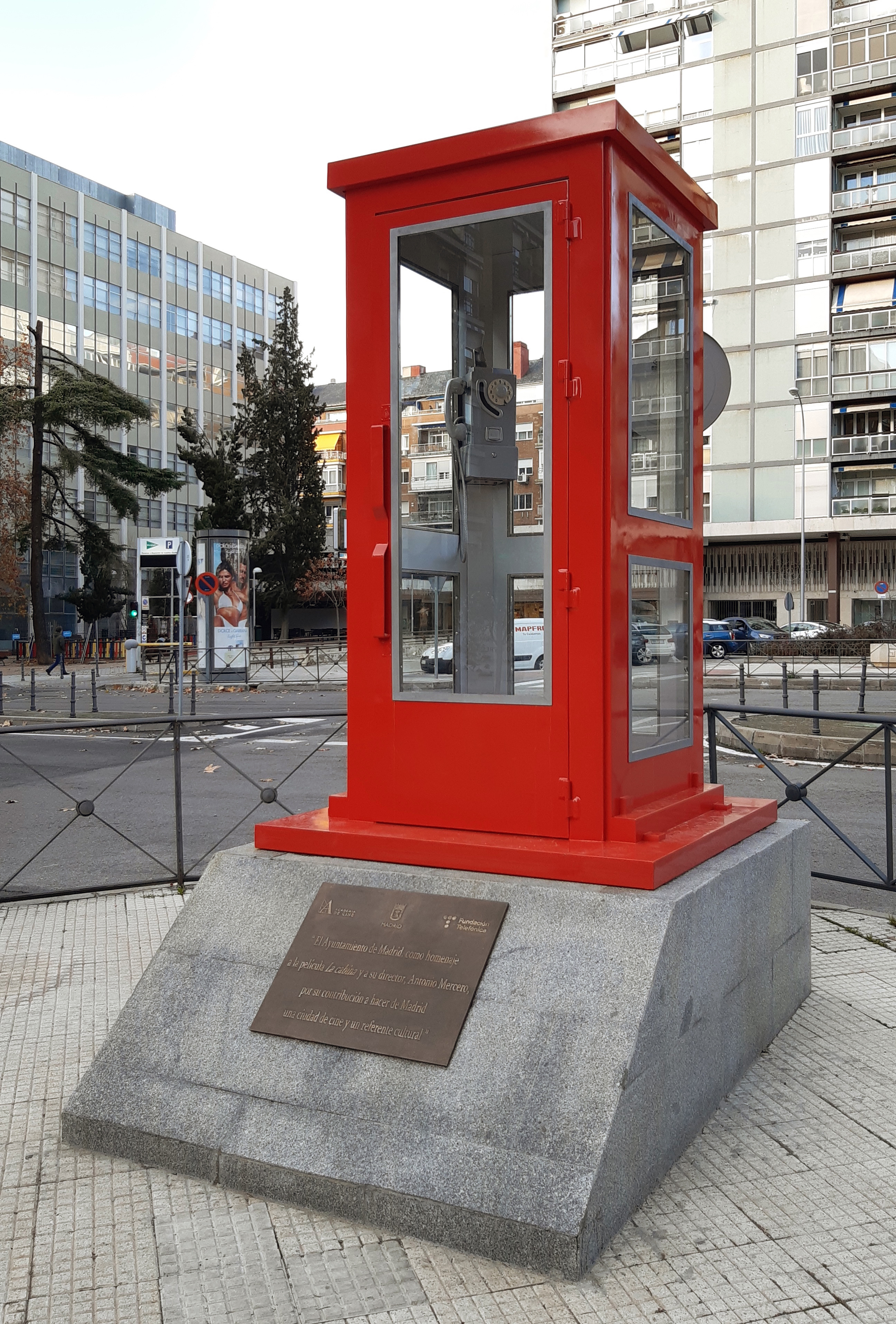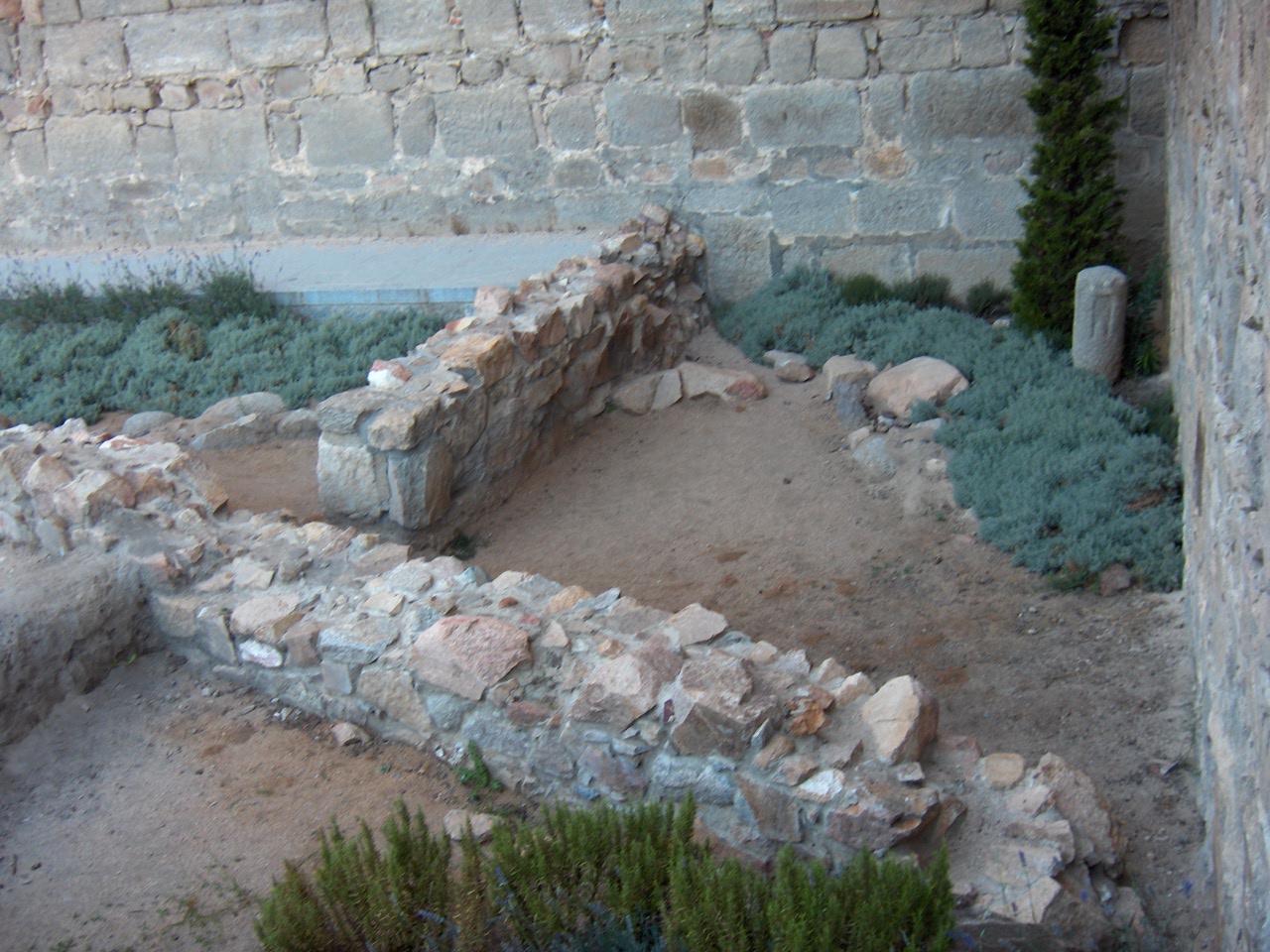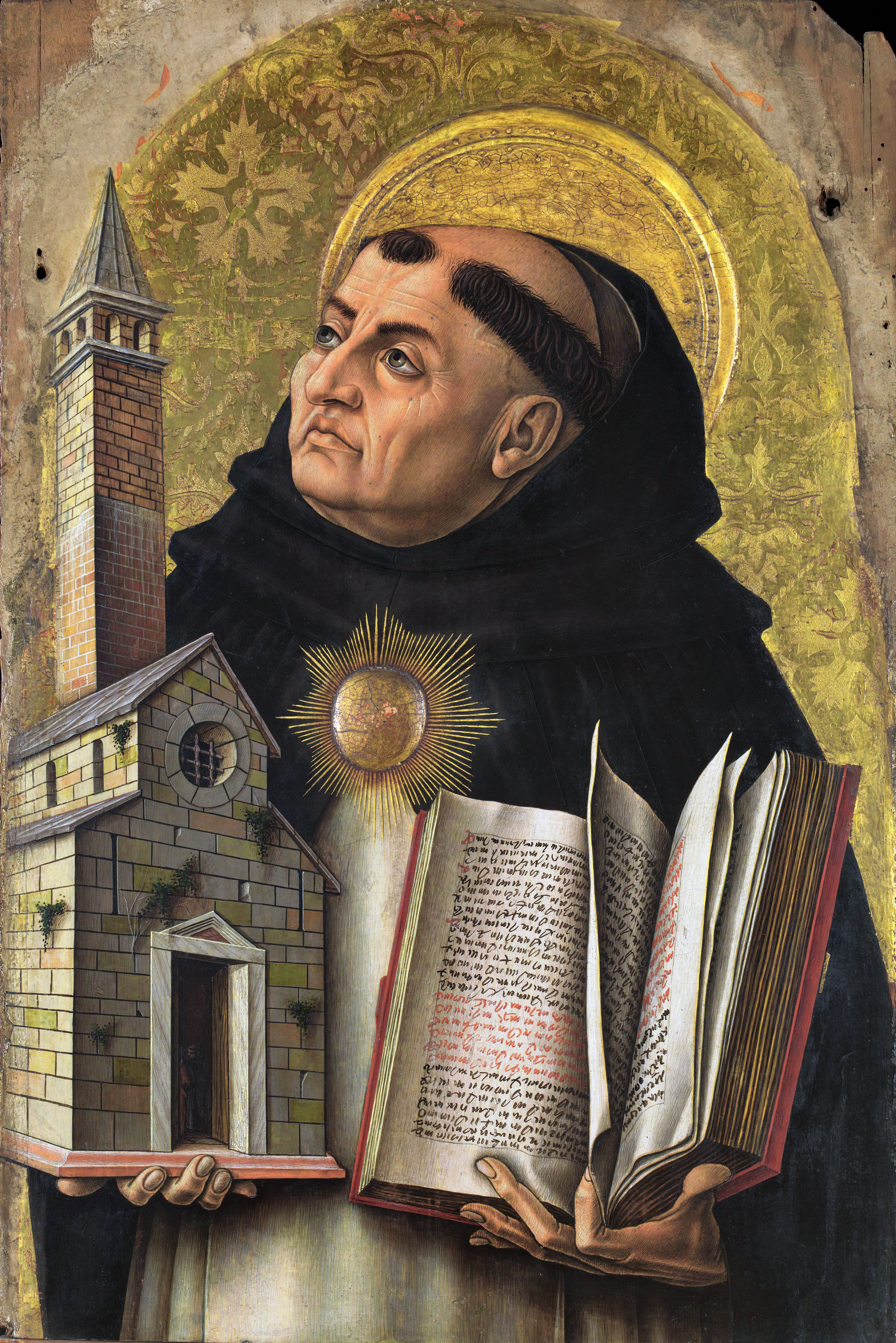|
José Manuel Martín
José Manuel Martín Pérez (24 May 1924 – 12 April 2006) was a Spanish film and television actor, radio broadcaster, and screenwriter. He was a popular character actor in Spanish cinema during the 1950s and 60s, best remembered for playing villainous henchmen, appearing in more than 100 film and television productions. Born in Casavieja, Spain, Martín studied at Madrid's Teatro Español Universitario and the Lope de Rueda, and began working for Radio Nacional de España in 1942, before making his feature film debut in César Fernández Ardavín's 1952 war drama ''La llamada de África'' starring Ali Beiba Uld Abidin, Yahadid Ben Ahmed Lehbib and Farachi Ben Emboiric. Martín was particularly noted for his work in the Spaghetti Western genre, alongside regulars such as Aldo Sambrell and Andrea Scotti, with supporting roles in '' Savage Guns'' (1961), '' Gunfighters of Casa Grande'' (1964), '' Minnesota Clay''(1964), '' A Pistol for Ringo'' (1965), '' Seven Dollars on the ... [...More Info...] [...Related Items...] OR: [Wikipedia] [Google] [Baidu] |
I Want Him Dead
''I Want Him Dead'' (, ) is a 1968 Italian-Spanish Spaghetti Western film directed by Paolo Bianchini Paolo Bianchini (born 1931) is an Italian director and screenwriter. Life and career Born in Rome, Bianchini began his career in 1953 working as assistant director of a number of notable directors, including Mario Monicelli, Luigi Comencini, ... and starring Craig Hill. Plot After Clayton's (Craig Hill) sister is raped and killed, and the sheriff tries to kill him, he looks for revenge in any way possible, which involves assassinating two generals so he can prolong the Civil War. Cast References External links * Spanish Western (genre) films Spaghetti Western films 1968 Western (genre) films 1968 films Films directed by Paolo Bianchini Films scored by Nico Fidenco Films shot in Almería Plaion 1960s Italian films {{1960s-Italy-film-stub ... [...More Info...] [...Related Items...] OR: [Wikipedia] [Google] [Baidu] |
A Pistol For Ringo
''A Pistol for Ringo'' () is a 1965 Spaghetti Western, a joint Italian and Spanish production. Originally written and directed by Duccio Tessari, the film's success led to a follow-up, '' The Return of Ringo'', later that year, which, in spite of sharing the same name for the titular character, is not a sequel to this film and deals with an entirely new character and storyline. The film stars Giuliano Gemma (billed as 'Montgomery Wood') alongside Fernando Sancho, Nieves Navarro, George Martin, Antonio Casas, José Manuel Martín and Hally Hammond. Plot The film opens as the film's protagonist, a gunfighter known as "Angel Face" or Ringo, kills four men in a gunfight. He is then arrested for manslaughter and locked up in the city jail where he awaits trial. Meanwhile, Major Clyde and his daughter Ruby are celebrating Christmas with several guests on their ranch. They are interrupted by a bandit gang who storm the hacienda and take them hostage. The bandits have narrowly escap ... [...More Info...] [...Related Items...] OR: [Wikipedia] [Google] [Baidu] |
Alejandro Ulloa
Alejandro Ulloa (22 October 1910 – 27 April 2004) was a Spanish actor. He was born in Madrid on 22 October 1910. He owned a theater company and in 1943, while working as a voice actor, he was the director of Metro Goldwin Mayer in Barcelona. His role debut was ''El Tenorio'' by José Zorrilla at Teatro Romea. He lived in Barcelona until the Spanish Civil War, when he moved to America with his company and Paquita Ferrándiz. When he came back to Spain he appeared in the Spaghetti Western '' Abre tu fosa, amigo... llega Sábata'' (1971), by Ignacio F. Iquino. He also appeared in ''Es peligroso asomarse al exterior'' and he was the cinematographer of '' Las chicas de la Cruz Roja'', ''El día de los enamorados'' and ''Las de Caín''. He died on 27 April 2004 in Hospital de Barcelona after being bedridden for seven months due to a fall Autumn, also known as fall (especially in US & Canada), is one of the four temperate seasons on Earth. Outside the tropics, autumn mar ... [...More Info...] [...Related Items...] OR: [Wikipedia] [Google] [Baidu] |
Scholarship
A scholarship is a form of Student financial aid, financial aid awarded to students for further education. Generally, scholarships are awarded based on a set of criteria such as academic merit, Multiculturalism, diversity and inclusion, athletic skill, and financial need, research experience or specific professional experience. Scholarship criteria usually reflect the values and goals of the donor of the award. While scholarship recipients are not required to repay scholarships, the awards may require that the recipient continue to meet certain requirements during their period of support, such as maintaining a minimum grade point average or engaging in a certain activity (e.g., playing on a school sports team for athletic scholarship holders). Scholarships also range in generosity; some cover partial Tuition payments, tuition, while others offer a 'full-ride', covering all tuition, accommodation, housing and others. Historically, scholarships originated as acts of religious ... [...More Info...] [...Related Items...] OR: [Wikipedia] [Google] [Baidu] |
Valeriano Andrés
Valeriano Andrés (1922–2005) was a Spanish film and television actor.Soria p.176 Selected filmography * '' I Will Consult Mister Brown'' (1946) * ''Guest of Darkness'' (1948) * '' Night Arrival'' (1949) * '' Neutrality'' (1949) * '' The Duchess of Benameji'' (1949) * '' Agustina of Aragon'' (1950) * '' The Great Galeoto'' (1951) * ''Devil's Roundup'' (1952) * '' Gloria Mairena'' (1952) * '' Lola the Coalgirl'' (1952) * ''Airport'' (1953) * ''Outstanding'' (1953) * ''The Seducer of Granada ''The Seducer of Granada'' () is a 1953 Argentine Spanish comedy film directed by Lucas Demare Lucas Demare (July 14, 1910 – September 6, 1981) was an Argentina, Argentine film director, screenwriter, and film producer notable for his work ...'' (1953) * '' Jeromin'' (1953) * '' An Andalusian Gentleman'' (1954) * '' Two Paths'' (1954) * '' The Daughters of Helena'' (1963) References Bibliography * Florentino Soria. ''José María Forqué''. Editora Regional de Murcia, 1990. E ... [...More Info...] [...Related Items...] OR: [Wikipedia] [Google] [Baidu] |
José Luis López Vázquez
José Luis López Vázquez de la Torre Medal of Merit in Labour, MMT (11 March 1922 – 2 November 2009) was a Spanish actor, comedian, costume designer, scenic designer, and assistant director whose career spanned nearly seven decades. He was one of the most prolific and successful actors in Spain in the 20th century, starring in 262 films between 1946 and 2007. Internationally he was best known for his lead role in the surrealist horror telefilm ''La cabina'' (1972). Born in Madrid of working-class parents, López Vázquez began his career on theatre in 1939 as a costume designer and set decorator before making his breakthrough as an actor. In the mid-1940s he switched over to film, where he continued his work in costume designs while serving as an assistant director. Throughout the 1950s he mostly played bit parts in the Cinema of Spain, Spanish film industry, however, his comedic talent soon allowed him to get bigger roles, cultivating an image as Spain's on-screen everyman ... [...More Info...] [...Related Items...] OR: [Wikipedia] [Google] [Baidu] |
Castilla Y León
Castile, Castille or Castilla may refer to: Places Spain * Castile (historical region), a vaguely defined historical region of Spain covering most of Castile and León, all of the Community of Madrid and most of Castilla–La Mancha * Kingdom of Castile, one of the medieval kingdoms of the Iberian peninsula, 1065–1230 * Crown of Castile, a medieval state in the Iberian Peninsula that formed in 1230 *Two regions of the Kingdom of Spain (until 1982): ** Old Castile, in the north ** New Castile (Spain), in the south *Two contemporary autonomous communities of Spain: ** Castile and León, in the north ** Castilla–La Mancha, in the south Elsewhere * Castile, New York * Castile (village), New York * Castilla District, Piura Province, Peru * Castilla de Oro, name given by Spanish in 16th century to Central American territories * Governorate of New Castile, modern Peru * Castilla, Sorsogon, municipality in Sorsogon, Philippines Other uses * Castile (surname) * Castilians, inhabit ... [...More Info...] [...Related Items...] OR: [Wikipedia] [Google] [Baidu] |
Ávila (province)
Ávila ( , , ) is a Spain, Spanish city located in the Autonomous communities of Spain, autonomous community of Castile and León. It is the capital and most populated municipality of the Province of Ávila. It lies on the right bank of the Adaja, Adaja river. Located more than 1,130 m above sea level, the city is the highest provincial capital in Spain. Distinctively known by Walls of Ávila, its medieval walls, Ávila is sometimes called the ''Town of Stones and Saints'', and it claims that it is one of the towns with the highest number of Romanesque and Gothic architecture, Gothic churches per capita in Spain. It has complete and prominent Middle Ages, medieval town walls, built in the Romanesque architecture, Romanesque style; writer José Martínez Ruiz, in his book ''El alma castellana'' ("The Castilian Soul"), described it as "perhaps the most 16th-century town in Spain". The town is also known as ''Ávila de los Caballeros'', ''Ávila del Rey'' and ''Ávila de los Leale ... [...More Info...] [...Related Items...] OR: [Wikipedia] [Google] [Baidu] |
Count Dracula's Great Love
''Count Dracula's Great Love'' (Spanish: ''El gran amor del conde Drácula'') is a 1973 Spanish film directed by Javier Aguirre, and starring Paul Naschy as Count Dracula. The film also features Rosanna Yanni, Haydee Politoff (whom Naschy did not like working with), Mirta Miller and Ingrid Garbo. The film was shot in 1972, but took about a year to be released anywhere. It first premiered in April 1973 at the Paris Festival of Fantastic Films, along with Naschy's '' Hunchback of the Morgue'', and then was released in Spain on May 12, 1973. It was released to U.S. theaters in March 1974 as ''Dracula's Great Love'' (on a double bill with '' The Vampires Night Orgy''), then re-released later in 1979 by Motion Picture Marketing under the title ''Cemetery Girls'' (the poster emphasizing the film's adult content and indicating nothing of its star Paul Naschy or Spanish origin). Contrary to some sources, this film was never released under the titles ''Vampire Playgirls'' or ''Graveyard Tra ... [...More Info...] [...Related Items...] OR: [Wikipedia] [Google] [Baidu] |
The Castle Of Fu Manchu
''The Castle of Fu Manchu'' (, ), released in 1969, is the fifth and final Dr. Fu Manchu film with Christopher Lee portraying the title character. Directed by Jesús Franco, is an English-language co-production among various European countries including the UK, Spain, and West Germany. The film is also known as ''Assignment Istanbul''. Plot Supercriminal Dr. Fu Manchu plots to freeze the world's oceans with a diabolical new device. With his beautiful but evil daughter, Lin Tang, his army of dacoits, and the help of the local crime organization led by Omar Pasha (whom Dr. Fu Manchu double-crosses), Dr. Fu Manchu takes over the governor's castle in Istanbul, which has a massive opium reserve, to control the largest opium port in Anatolia, since the drug is an important ingredient for the fuel for his machine. Dr. Fu Manchu needs the help of an intelligent scientist with an ailing heart whom he has imprisoned. In order to keep the scientist alive, he kidnaps a doctor and his wife ... [...More Info...] [...Related Items...] OR: [Wikipedia] [Google] [Baidu] |
100 Rifles
''100 Rifles'' is a 1969 American Western film directed by Tom Gries and starring Jim Brown, Raquel Welch and Burt Reynolds. It is based on Robert MacLeod's 1966 novel ''The Californio''. The film was shot in Spain. The original music score was composed by Jerry Goldsmith, who had previously also scored '' Bandolero!'', another Western starring Welch. Plot In 1912 Sonora, Mexico, Arizona lawman Lyedecker chases Yaqui Joe, a half-Yaqui, half-white bank robber who has stolen $6,000. Both men are captured by the Mexican general Verdugo. Lyedecker learns that Joe used the loot to buy 100 rifles for the Yaqui people, who are being repressed by the government. Lyedecker is not interested in Joe's motive, and intends to recover the money and apprehend Joe to further his career. The two men escape a Mexican firing squad and flee to the hills, where they are joined by Sarita, a beautiful Indian revolutionary. Sarita has a vendetta against the soldiers, who murdered her father. The fu ... [...More Info...] [...Related Items...] OR: [Wikipedia] [Google] [Baidu] |
God Forgives
In monotheistic belief systems, God is usually viewed as the supreme being, creator, and principal object of faith. In polytheistic belief systems, a god is "a spirit or being believed to have created, or for controlling some part of the universe or life, for which such a deity is often worshipped". Belief in the existence of at least one deity, which interfers with the world, is called theism. Conceptions of God vary considerably. Many notable theologians and philosophers have developed arguments for and against the existence of God. Atheism rejects the belief in any deity. Agnosticism is the belief that the existence of God is unknown or unknowable. Some theists view knowledge concerning God as derived from faith. God is often conceived as the greatest entity in existence. God is often believed to be the cause of all things and so is seen as the creator, sustainer, and ruler of the universe. God is often thought of as incorporeal and independent of the material creation, wh ... [...More Info...] [...Related Items...] OR: [Wikipedia] [Google] [Baidu] |



